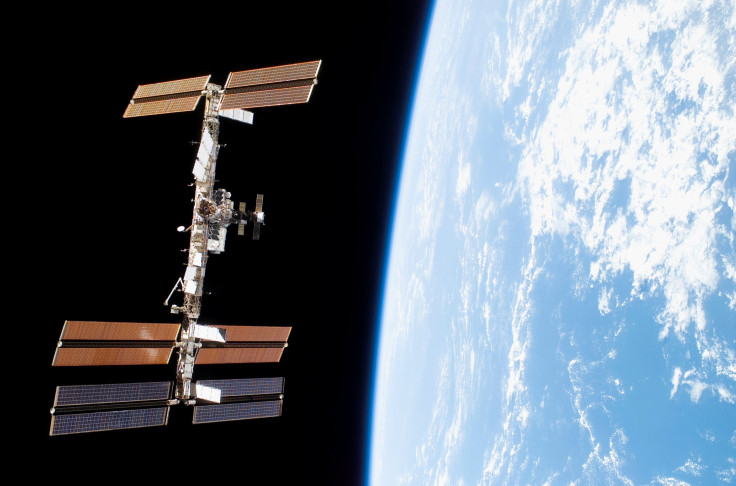Artificial Organs On Space Station Could Lead To Medical Advancements

Scientists are launching artificial organs into space to learn more about the effects of space travel on the human body and to test drug treatments for serious illnesses.
There soon will be five organs-on-chips aboard the International Space Station, Engadget reported, referring to special transparent slides on which specific cells are transplanted. The specialized cells belonging to particular organs mimic the responses and processes of whole organs, including the circulatory system.
Read: Will NASA Build a Space Station from Recycled Rockets?
Having those cells on small slides on the space station allows the astronauts to watch them grow and react without gravity.
Engadget reported one of the organ-on-a-chip setups will be used to watch how microgravity conditions on the space station trigger the respiratory infections astronauts commonly get in space as their immune systems respond to their new environment. Others will see how cells age without gravity, how they bounce back when they land back on Earth and how kidney function is affected by those microgravity conditions.
The research also can be used to understand better and treat a variety of illnesses on Earth, including arthritis, osteoporosis, kidney stones, cancer and neurodegeneration, the publication said.
These experiments would be a handful in a long line of investigations into how space travel and microgravity conditions affect the human body, conducted by NASA and other parties. The information is critical for future missions, if space agencies send astronauts on longer trips to explore other worlds, like Mars, or set up colonies.
Recent research has shown astronauts lose up to half of their exercise strength within about six months in space because the microgravity changes the way blood vessels move the red blood cells that carry oxygen through the body. That reduced oxygen weakens the muscles. One reason that could be dangerous on a long-term space mission is because it could affect an astronaut’s ability to respond properly to emergency situations.
Read: NASA Sets Fires For Science
Over the years, other research has shown the amount of radiation astronauts to which are exposed in outer space could increase their risk of developing cancer, but a recent study found that risk might be double what scientists conventionally believe it is. That radiation comes from galactic cosmic rays, which make up the background radiation in outer space. Scientists focusing on how such radiation affects cells in the body found that after it damages certain cells and causes them to mutate in ways that may cause cancer, those damaged parts then attack nearby healthy cells in a way that could damage them as well — a previously unexplored aspect that heightens cancer risk.
Radiation also can cause other medical issues, like cataracts and nervous system or circulatory system problems.
In the case of the organs-on-chips that will be heading up to the ISS, they represent a collaboration between the National Center for Advancing Translational Sciences (NCATS) and the Center for the Advancement of Science in Space (CASIS).
Engadget said NCATS Director Christopher P. Austin said the partnership “is a remarkable opportunity to understand disease and improve human health.”
© Copyright IBTimes 2025. All rights reserved.



















